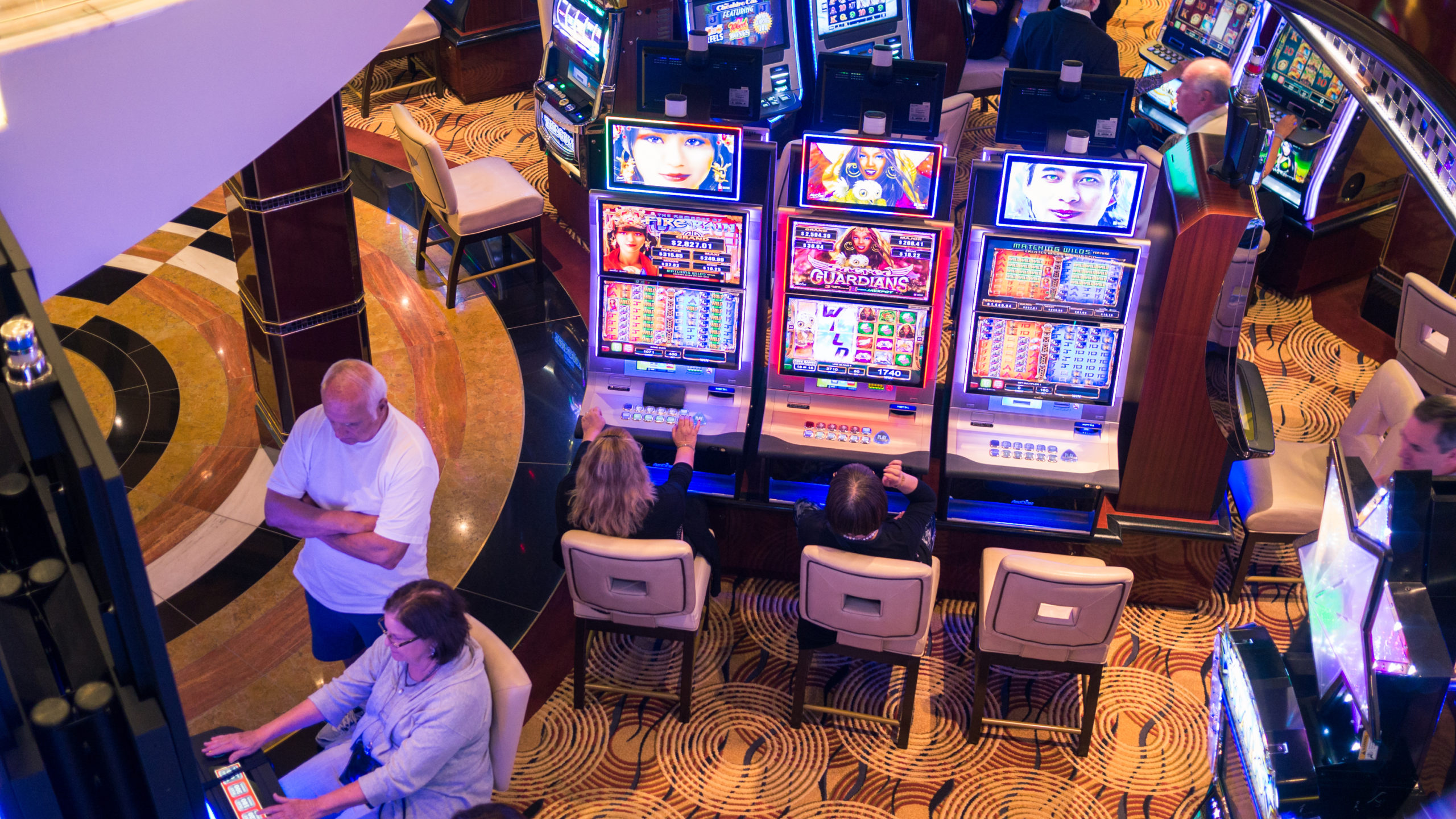
The attraction of casino-related activities has mesmerized countless individuals around the globe for decades. From the whirling wheel of fortune to the melody of shuffling deck of cards, the excitement of fortune and skill blends to create an exciting atmosphere that attracts individuals in. These games are not just pastimes; they have evolved into an essential part of the cultural industry, growing into a worldwide movement that spans luxurious hotels, colorful digital gambling spaces, and everything in between.
As the need for one-of-a-kind and engaging encounters keeps to increase, the tales behind the achievements of gambling games reveal a intriguing realm. Businesspeople and designers are continuously pushing the frontiers of imagination and originality, resulting in the development of novel gaming options and immersive advancements. Investigating these stories provides us insight into the requirements to build a gambling business and the passion that propels those operating behind the scenes.
The Evolution of Casino Games
Gambling games have a robust history that dates back centuries, with their origins frequently connected with ancient rituals and social gatherings. The earliest types of betting can be linked back to long-ago Chinese civilization, where games involving dice were enjoyed, and even to the Roman Empire who participated in betting on multiple events. Over time, these rudimentary games evolved into more organized forms, culminating in the development of titles including baccarat and roulette in the 17th century. These early gambling games laid the foundation for the industry we experience today.
As society evolved, so did the complexity and diversity of gambling options. The 19th century marked a significant milestone with the founding of formal casinos in places like Monte Carlo and Las Vegas. This era saw the emergence of well-known games such as poker and blackjack, which enthralled the interests of players around the world. The rise of these games was driven by innovations in game development and the implementation of betting regulations that rendered the industry more organized and attractive to the general populace.
The digital transformation in the final 20th and early 21st centuries transformed the landscape of casino games yet again. The advent of the internet brought about virtual casinos, enabling users to play their favorite games from the convenience of their homes. This change not only broadened the scope of gambling options but also introduced new types like live dealer games and mobile gaming apps. Today, the casino game landscape continues to evolve, with innovative technologies such as virtual reality and blockchain promising change the future of gambling.
Successful Casino Game Creation Techniques
The basis of a successful casino game empire lies in the design of captivating and unique games that captivate players. A winning strategy involves thorough market research to grasp existing trends and player preferences. By reviewing user feedback and observing high-performing titles, developers can determine what resonates with players and what features are in request. Incorporating unique themes, diverse game mechanics, and aesthetically appealing graphics are essential to differentiate in a challenging landscape.
Partnership is yet another key element of effective game development. Assembling talented designers, programmers, and mathematicians ensures that games are both visually captivating but also equitable in terms of gameplay. Encouraging open communication among team members promotes creativity and yields novel concepts. Moreover, engaging with players during the beta testing phase allows developers to gather precious insights that can refine gameplay elements before the official launch.
Lastly, impactful marketing strategies cannot be dismissed in building a thriving casino game empire. Developing a captivating narrative around the game and utilizing social media platforms to create buzz can significantly impact player acquisition. https://ga179.city/ Offering incentives, loyalty rewards, and engaging in community events can also enhance player retention. By integrating strong development practices with smart marketing, game developers can create an enthralling experience that keeps players revisiting for further.
The Future of Casino Play
The scene of casino gaming is evolving rapidly, driven by developments in tech and evolving player tastes. Digital and mobile play is prepared to dominate the industry as more gamblers seek convenience and availability. Augmented reality and augmented reality are also making their way into the casino experience, providing immersive settings that elevate classic gaming to a different level. As players crave more interactive and engaging experiences, casinos will need to change and evolve to keep their customers engaged.
Additionally, the incorporation of artificial tech and data analysis will play a major role in defining the future of gambling gaming. Casinos will utilize information to understand gambler actions, tailor experiences, and enhance client service. Customization will become important, as gamblers will expect games that adapt to their preferences and play styles. As the gambling industry makes use of these insights, the development of novel play formats and elements will probably appear, keeping the gambling experience fresh and stimulating for everyone.
Moreover, the trend towards safe gaming is becoming increasingly important. As authorities and players focus more on player well-being, casinos will need to adopt measures that promote safe play practices. This could include features that allow players to set boundaries on their spending and playtime, as well as better resources for those who may be dealing with gambling addiction. By prioritizing safe gaming, casinos can build trust with their clientele and ensure a sustainable future in the challenging landscape of gambling play.